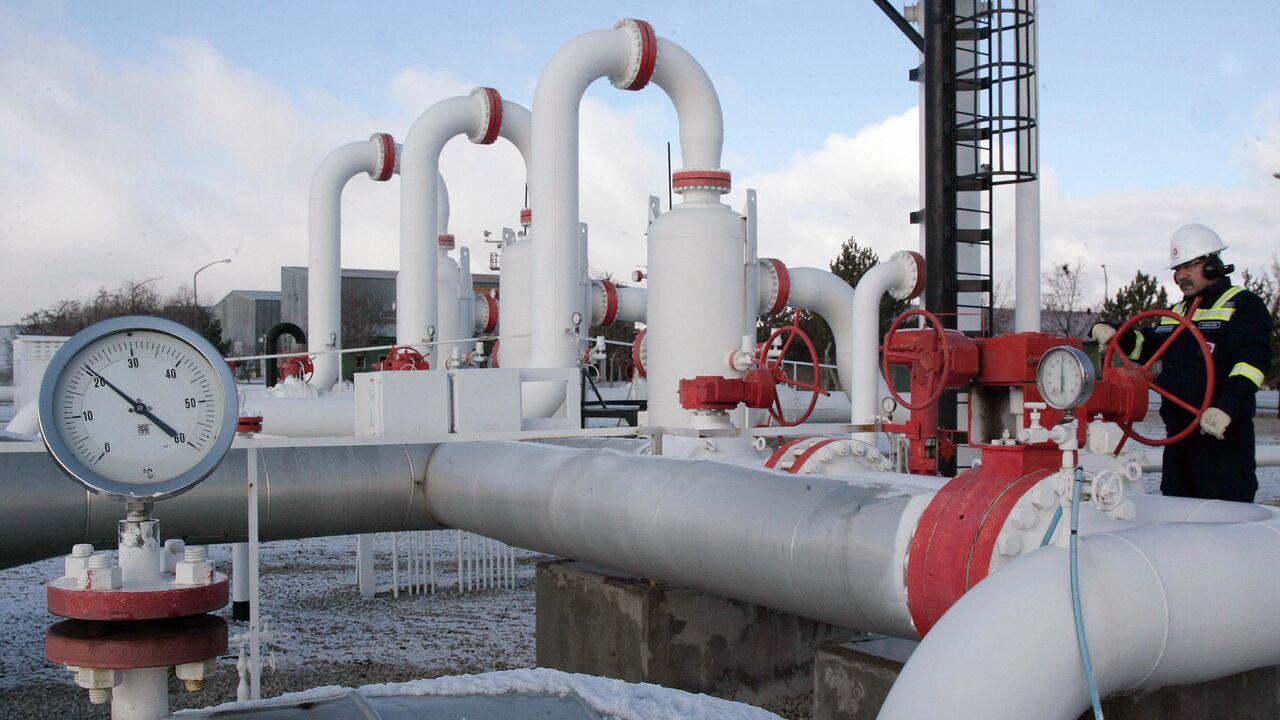
Bulgaria's state-owned gas company, Bulgargaz, is on the verge of bankruptcy due to its financial obligations to Türkiye's BOTAS, stemming from a gas cooperation agreement signed between the two countries in January 2023.
Bulgarian Energy Minister Rosen Hristov Stankov stated that the "take-or-pay" contract has plunged Bulgaria into a significant financial crisis and will accelerate the company's bankruptcy. The natural gas agreement requires Bulgaria to purchase predetermined gas volumes annually.
Minister Stankov revealed the current debt stands at 220 million leva (nearly $130 million), emphasizing that the contract cannot be terminated unless the full 4 billion leva ($2.3 billion) obligation is paid.

Former Energy Minister Alexander Nikolov called the agreement "a historic absurdity rarely seen in modern economics," adding that Bulgargaz's 2023 financial reports clearly demonstrate the contract's devastating impact.
According to Nikolov, the company has been rapidly losing market share since September 2022 while accumulating massive losses, effectively rendering it bankrupt.
Talking to Türkiye Gazetesi, capital markets law specialist Attorney Okan Deniz of Antalya Bar Association said, "If Bulgargaz defaults on its payments to BOTAS, the Turkish government—having fulfilled all its obligations - may file with the International Chamber of Commerce (ICC) to seek compensation from both Bulgargaz and the Bulgarian government for pipeline infrastructure costs, unpaid liquefied natural gas (LNG) and natural gas deliveries, and additional damages.”
"Türkiye has a strong case in arbitration. Even if Bulgargaz declares bankruptcy before a ruling, the Bulgarian government would still be legally obligated to pay any awarded compensation," Deniz added.
"Bulgaria is not acting in good faith," Deniz stated, explaining, "The agreement was made at the ministerial level, representing state commitments rather than individual officials."
"Under the principle of state continuity, international treaties remain binding regardless of changes in government or administration. It is inappropriate for current officials to blame their predecessors for state obligations."
With significant debts unpaid and arbitration looming, the situation remains at an impasse between the two nations.